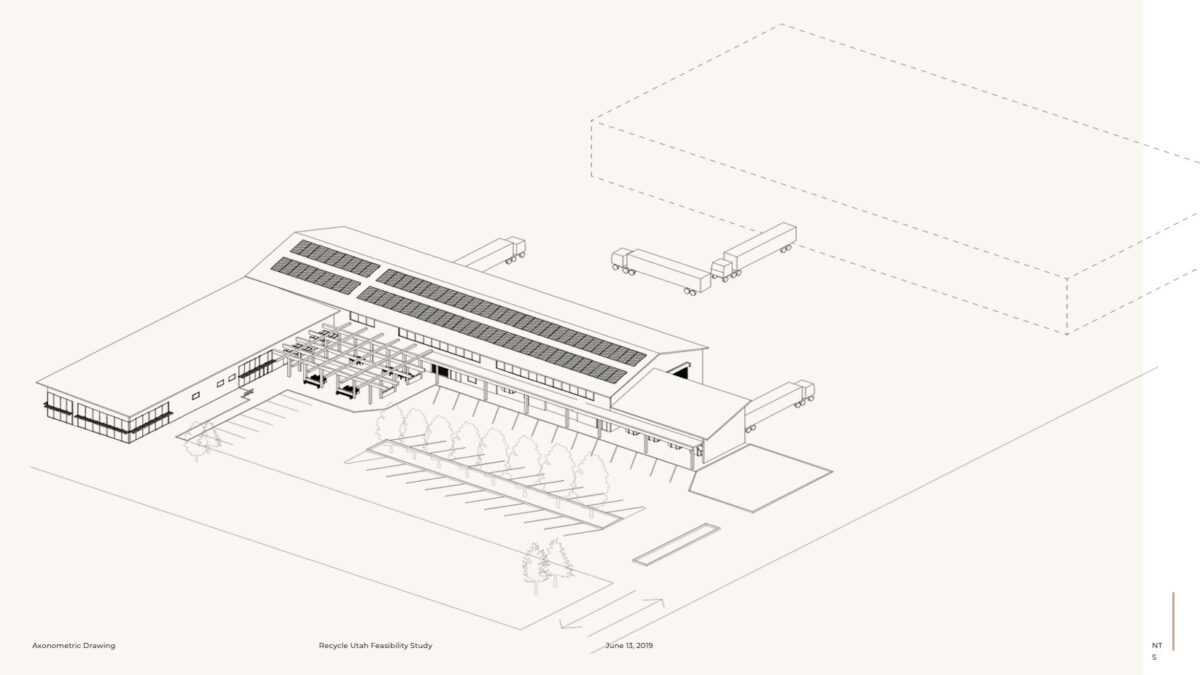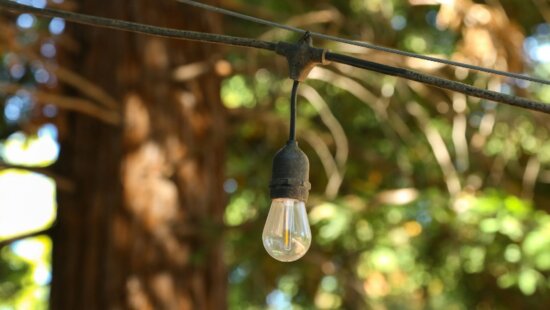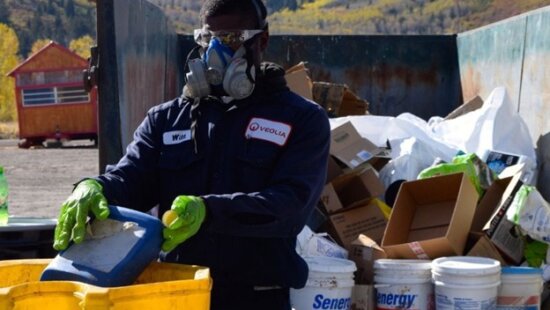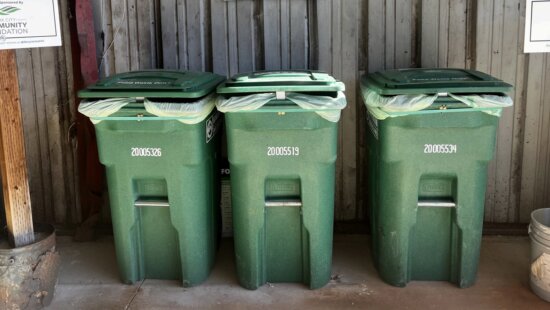Environment
Summit County’s daily waste nearly double US average; officials propose $25M solution

Summit County residents generate more than 7 pounds of garbage per person daily — nearly double the national average — pushing the local landfill toward capacity years ahead of schedule.
PARK CITY, Utah — Recycle Utah unveiled its vision for the future at several public presentations in Summit County this month. More than 50 people attended the meeting at the Richins Building at Kimball Junction, where officials presented plans for new $25 million facilities they say will generate long-term cost savings.
Summit County currently falls below the national average in waste diversion. Three Mile Canyon landfill will reach capacity by 2053 at current dumping rates. However, the current built capacity will be exhausted by 2026 using Cell 1 — a designated area where waste is deposited and compacted — and part of the original fill area. Like most modern landfills, Three Mile Canyon operates by filling one cell at a time, with each cell carefully designed to contain waste and prevent pollutants from escaping into the environment.
The average U.S. resident sends 4.9 pounds of waste to landfills daily. In Summit County, that number is 7.62 pounds per day. The county diverts only 12% of its waste, while the national average is 32%. By comparison, Boulder, Colorado, achieves a 52% diversion rate.
When Summit County Solid Waste Manager Tim Loveday announced the local statistics, audience members audibly gasped.
Short-term rentals pose a significant challenge for waste diversion. Rental periods often conflict with county collection schedules, leading to increased waste volume, improper disposal and complications with recycling programs due to contamination and loss of recyclable materials.
The fiscal impact includes a 48% increase in disposed waste, higher annual budget costs, increased collection expenses and greater greenhouse gas emissions. The county also faces a need for landfill expansion, estimated at $3 million. The cost to transfer waste out of county is $175 per ton, with commercial waste accounting for 50% — a volume Recycle Utah cannot handle at its current site.
“Small steps lead to giant leaps,” Loveday said. To achieve a 50% diversion rate, every 20 pounds of waste requires recycling 5 pounds, composting 4 pounds and reusing 1 pound, leaving only 10 pounds for the landfill.
Recent goals lack funding support. In 2018, Summit County aimed to reduce landfill waste by 30%. Park City set a 2030 zero-waste goal. The Park City Community Foundation targeted zero food waste by 2030, and the 2034 Winter Olympics includes various sustainability initiatives. However, there has been no significant investment in recycling infrastructure or waste reduction programs.
Meeting community goals requires partnerships to ensure capacity, control costs, maintain value and guarantee reliability.
The proposed $25 million facility could be operational within two years of groundbreaking, pending public support. Recycle Utah, working with RRS consultants, determined facility needs based on current operations, which handle 400 vehicles daily on a 0.3-acre site.
Minimum requirements include a two-ram baler, forklifts, a small front-end loader and a 20,000-square-foot building on 5 to 6 acres, estimated at $15.3 million to $19.3 million. This represents a temporary solution. Instead, Recycle Utah seeks support for a 30,000-square-foot facility with a hub-and-spoke system capable of handling all divertible material, including organic waste, for decades to come.
The organization plans remote collection sites in Park City, Kamas, Kimball Junction and Coalville. A pilot program in Coalville this January collected 1,000 pounds of material in four hours despite snowy conditions.
The proposed hub, preferably located on county-owned land near Home Depot, will feature high-end optical sorting equipment capable of sorting materials into 45 categories. Equipment costs have decreased over the past year.
The budget allocates $5 million for land, $15 million for the building and $5 million for equipment. Construction is expected to take 12 to 18 months after groundbreaking. The plan would extend landfill life significantly and costs less than out-of-county waste transport at $175 per ton. Recycle Utah and partners now seek public support to convince Summit County and Park City officials to approve this environmental initiative.


















